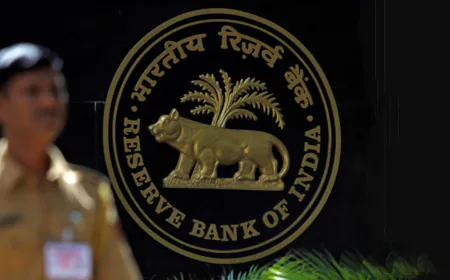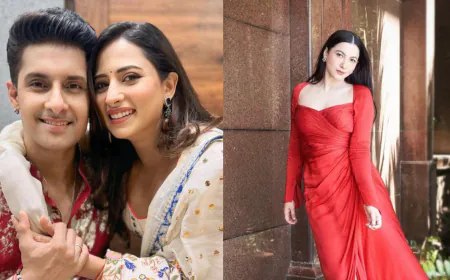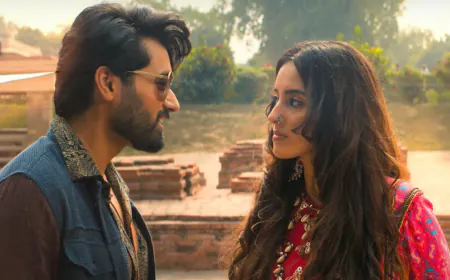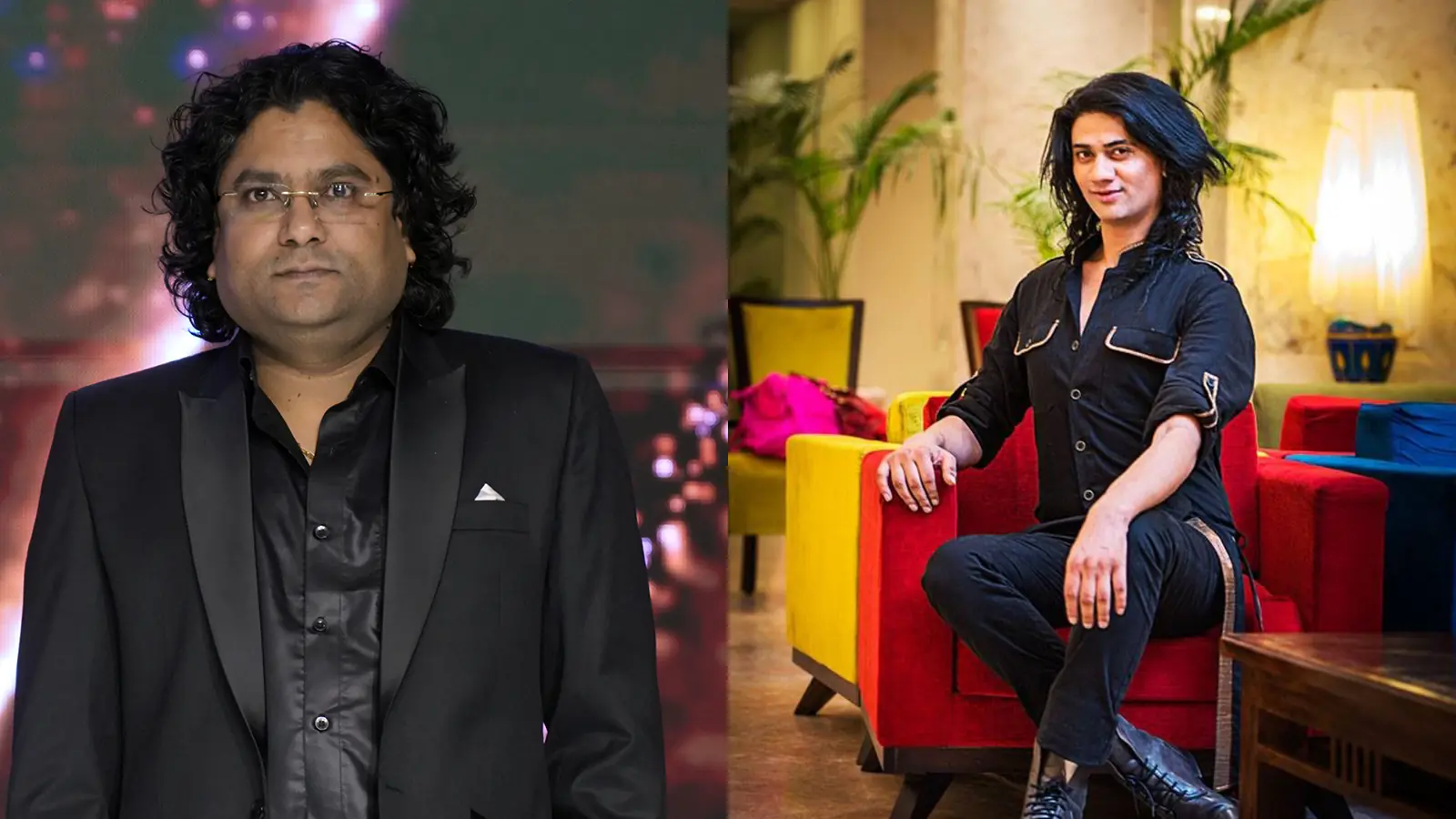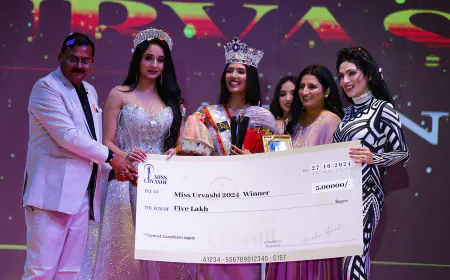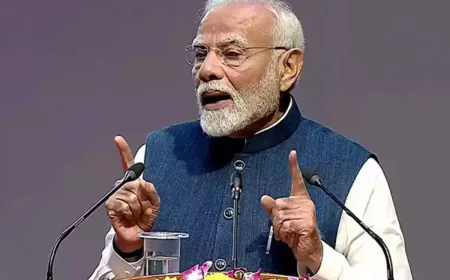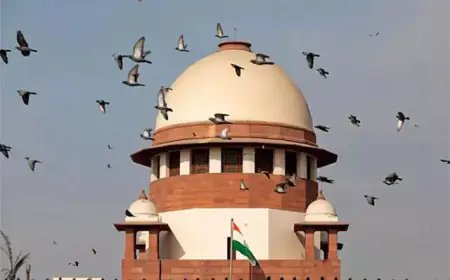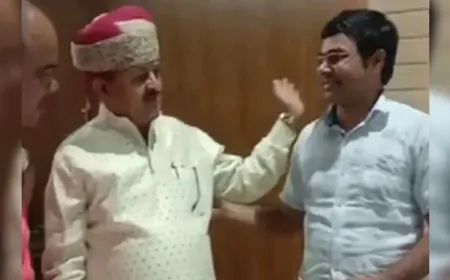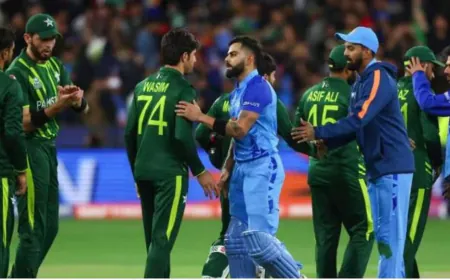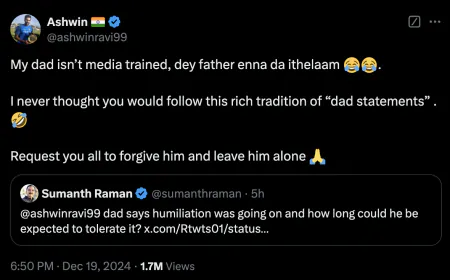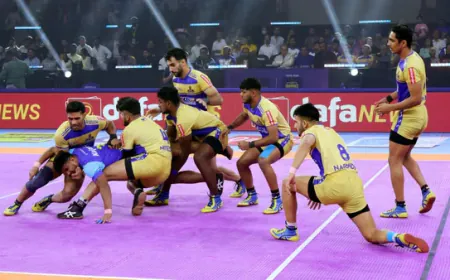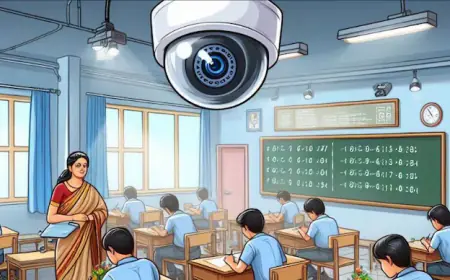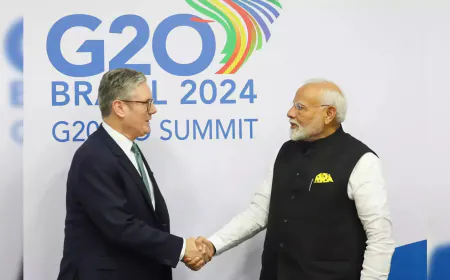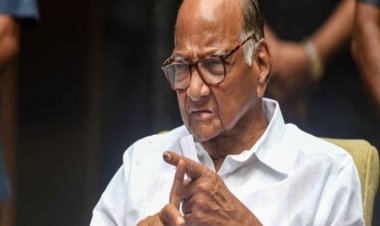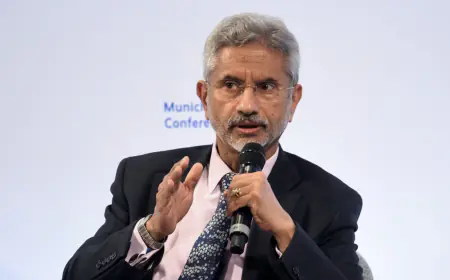Refusal to increase the age of marriage of girls to 21 years
Refusal to increase the age of marriage of girls to 21 years: Supreme Court said- Parliament's job to decide this, we are not the guardians of the Constitution alone
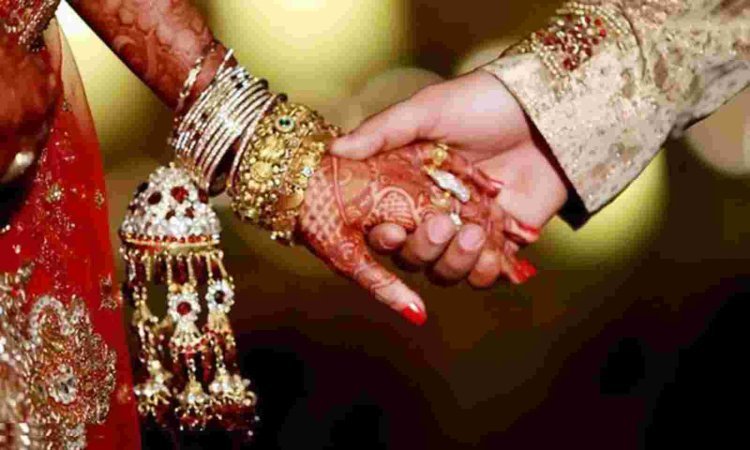
The Supreme Court on Monday dismissed advocate Ashwini Upadhyay's plea seeking equal age of marriage for boys and girls. The petition was listed for hearing before a bench of CJI DY Chandrachud, Justice PS Narasimha and Justice JB Pardiwala.
Ashwini Upadhyay argued that the difference in the age of marriage between boys and girls (21 years for boys and 18 years for girls) is not correct and violates Articles 14, 15 and 21 of the Constitution. He demanded that the marriageable age of girls should also be raised to 21 years so that it becomes equal to that of boys. On this demand, the bench said that it is not the job of the court to tell the Parliament what law to make. Any change in the law should be left to the Parliament. Saying so, the bench dismissed the petition.
During the debate on this petition, Chief Justice DY Chandrachud said that you say that the age of marriage of women should be 18 and not 21, but if we remove the rule of 18 years then there will be no minimum age left. Then even 5-year-old girls will be able to get married.
On this, Advocate Upadhyay said – My point is that this age of 18 and 21 years does not seem correct. This law is already being discussed in Parliament. Let us tell you that in 2021, the Center introduced a bill in Parliament to increase the minimum age of marriage for girls to 21 years. The bill was referred to a parliamentary standing committee and is pending to date.
PS Narasimha asked him- If this law is being discussed then what are you doing here? In response, Advocate Upadhyay requested the bench to adjourn the matter as the petitioner was not fully prepared. But the bench refused it.
CJI Chandrachud said, 'The petitioner states that the age of marriage of women and men seems arbitrary and violates Articles 14,15 and 21 of the Constitution. They want the marriageable age of women to be increased from 18 to 21. If we remove the provision of 18 years then there will be no minimum age of marriage for women. For this, the petitioner wants a change in the law. This court cannot give any such order to the Parliament. Therefore, we dismiss this petition and leave it to the petitioner to choose any course according to him.
In response, Advocate Upadhyay said that if the Bench removes the provision of 18 years of age, then the minimum age for all will be 21 years, which is under Section 5 of the Hindu Marriage Act.
The CJI was not satisfied with this answer and said – Upadhyay ji, don't make fun of Article 32. Some matters are fixed for the Parliament and we should approach the Parliament only for that. We cannot enforce the law here. We should not believe that we are the only custodians of the Constitution. Parliament is also the guardian of the constitution.
When Upadhyay sought permission from the bench to go to the Law Commission, the CJI said, have you been stopped from going to the Law Commission? If not, what do we need to give you permission for? Parliament has enough power. We don't need to tell anything to Parliament, Parliament can pass laws on its own.


